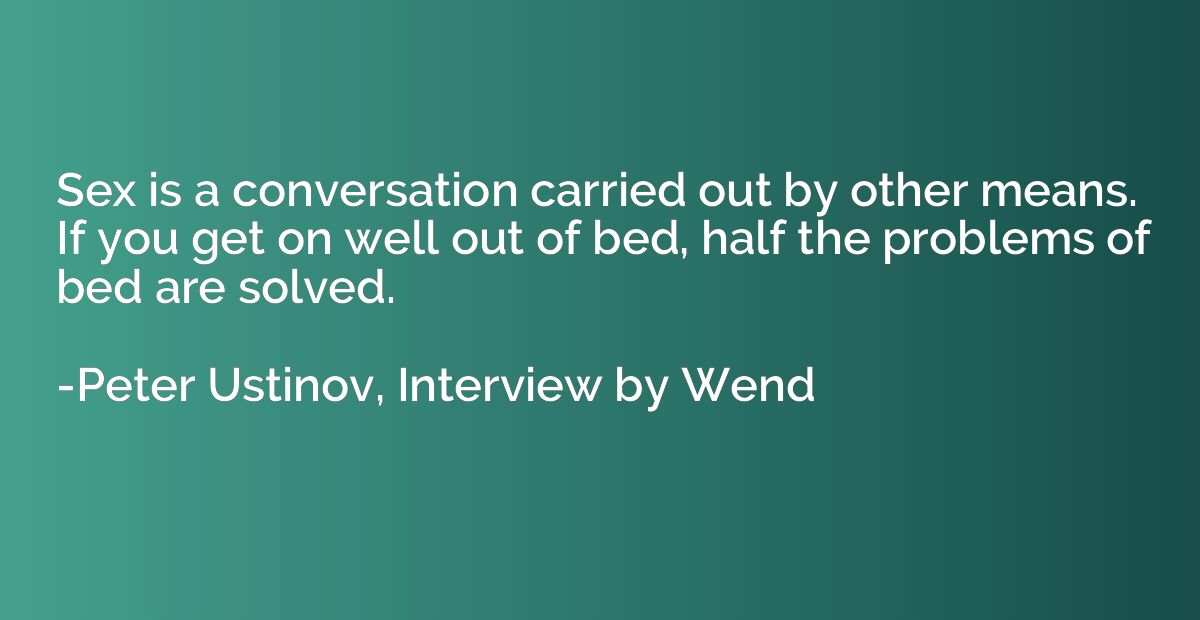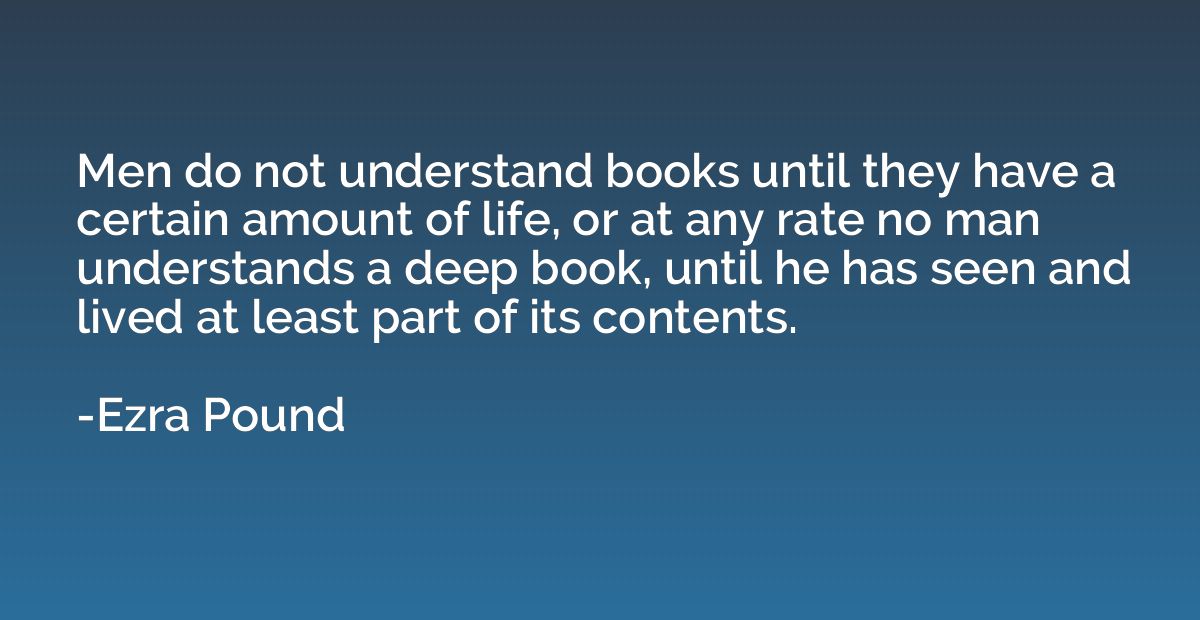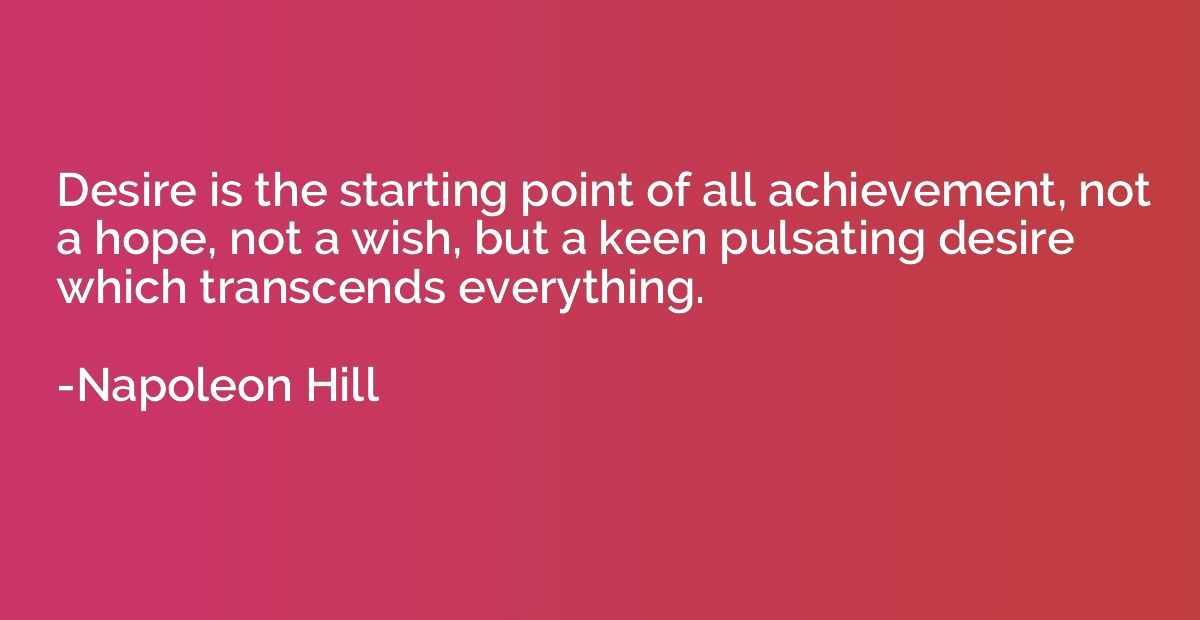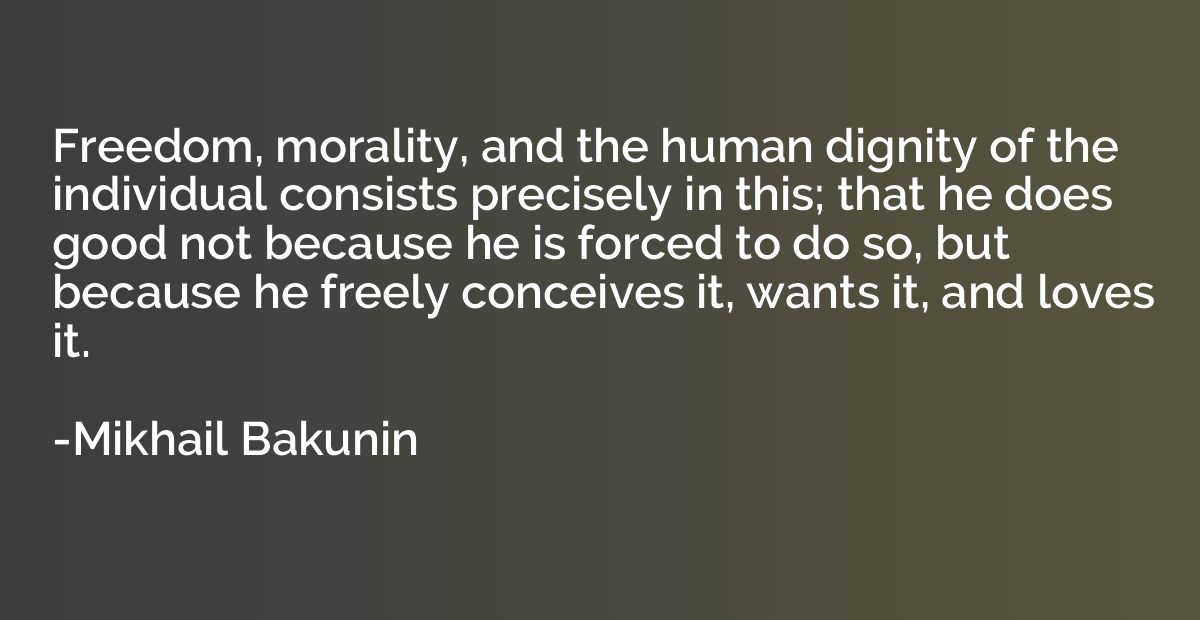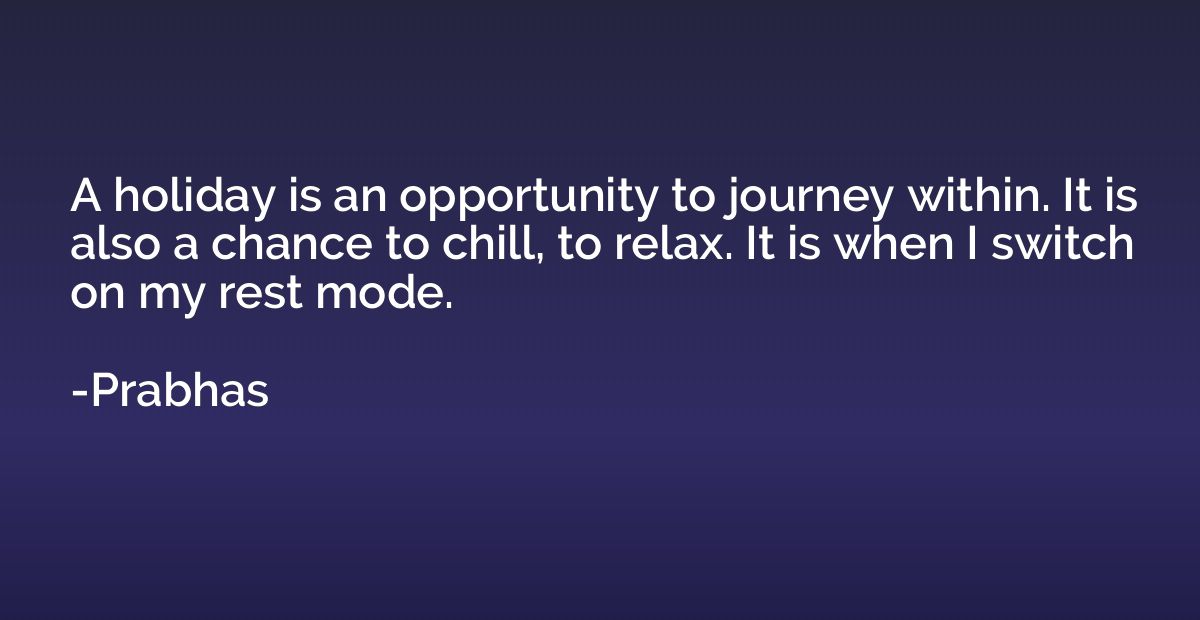Quote by Charles Dickens
There is a kind of sleep that steals upon us sometimes, which, while it holds the body prisoner, does not free the mind from a sense of things about it, and enable it to ramble at its pleasure. So far as an overpowering heaviness, a prostration of strength, and an utter inability to control our thoughts or power of motion, can be called sleep, this is it; and yet we have a consciousness of all that is going on about us; and if we dream at such a time, words which are really spoken, or sounds which really exist at the moment, accommodate themselves with surprising readiness to our visions, until reality and imagination become so strangely blended that it is afterwards almost a matter of impossibilty to separate the two. Nor is this, the most striking phenomenon, incidental to such a state. It is an undoubted fact, that although our senses of touch and sight be for the time dead, yet our sleeping thoughts, and the visionary scenes that pass before us, will be influenced, and materially influenced, by the of some external object: which may not have been near us when we closed our eyes: and of whose vicinity we have had no waking consciousness.
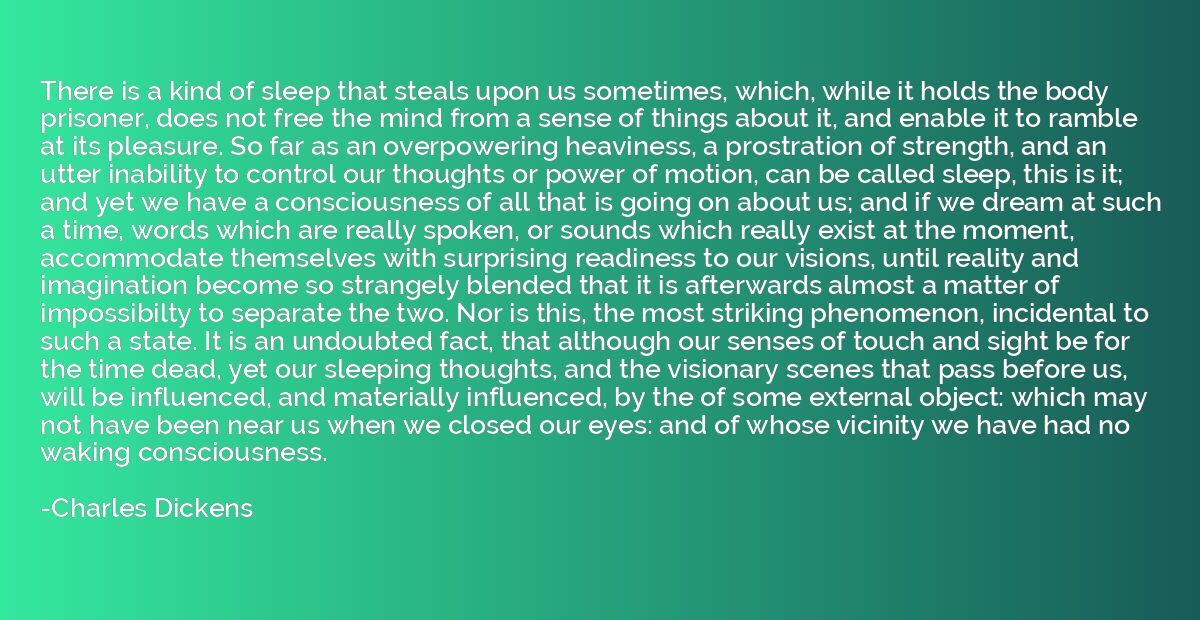
Summary
The quote describes a peculiar type of sleep where the body is immobilized, but the mind remains aware of its surroundings and can wander freely. Despite feeling physically heavy and unable to control thoughts or movement, the person is conscious of everything happening around them. Dreams during this state can blend seamlessly with reality, making it difficult to distinguish between the two. Furthermore, it is noted that external stimuli, even objects not present when falling asleep, can influence and shape the content of these dreams, despite the individual being unaware of their presence while awake.



